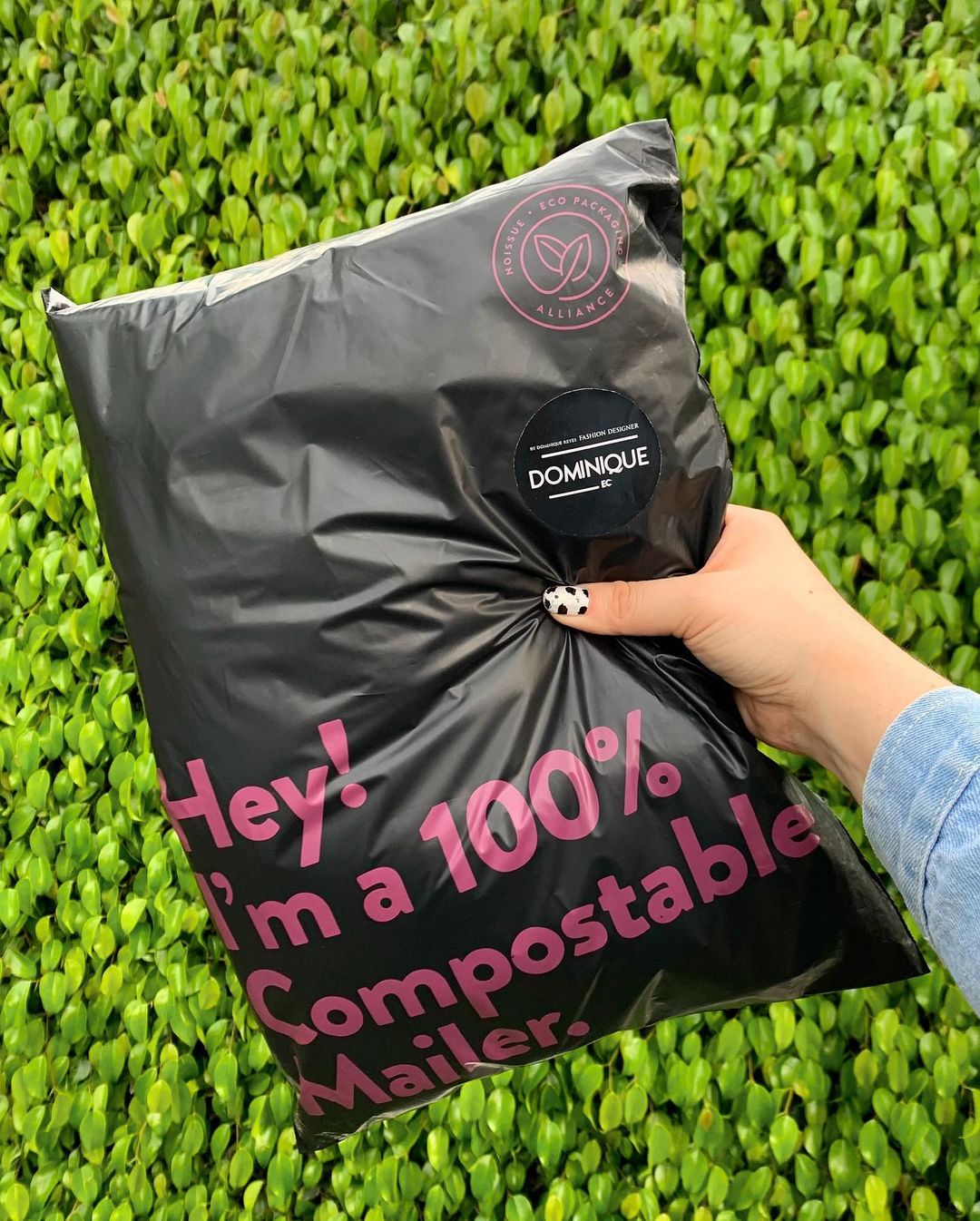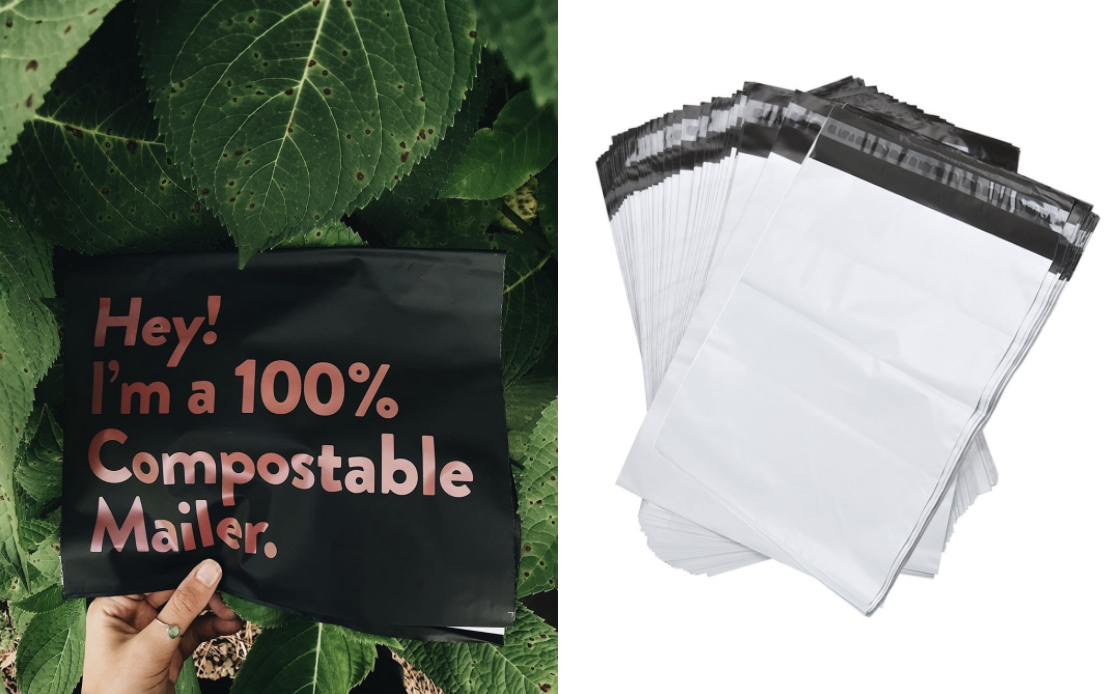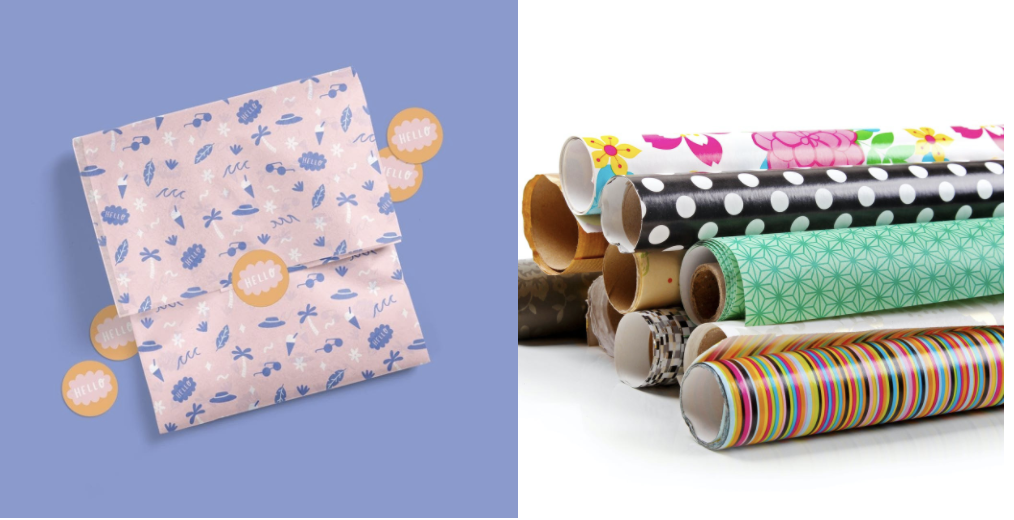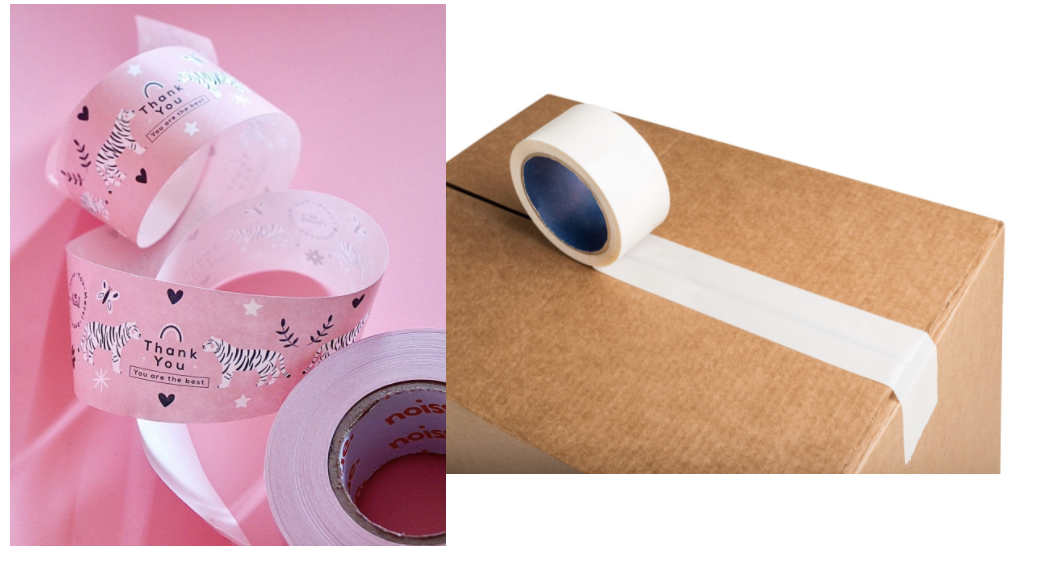
6 Green Alternatives to Plastic Packaging
It's time to say goodbye to single-use plastic. Here are 6 amazing packaging alternatives that will make you wonder why your brand didn't make the switch sooner.
By noissue — 24 May, 2021
Despite what Aqua's Barbie Girl song claimed, plastic is not fantastic. It has been a popular choice in packaging materials over the past century due to its cheap, lightweight and durable qualities, but this has unfortunately created a global waste problem.
Due to a lack of systems to deal with plastic waste, these items are ending up in our oceans and environments – 80 millions tonnes of which comes from the US alone every year.
Items like plastic poly mailer bags, stickers and tapes are still commonly used by businesses around the world even though there are eco-friendly packaging alternatives that don't add to plastic pollution globally.
But it doesn't have to be like this. A wave of change is underway in the business space thanks to the invention of green packaging alternatives that businesses of any size can implement.
Embracing a circular economy and creating a new normal starts with us, so it’s time to let go of plastic and embrace new sustainable packaging options for our businesses.
If you’re ready to go green and embrace plastic free alternatives but not sure where to begin, here are 6 eco-friendly packaging options to get you started.
1. Ditch plastic poly mailers for compostable mailers
Plastic poly mailers are one of the most commonly used packaging items for ecommerce businesses, and yet the pesky plastic they’re made from can take hundreds of years to break down in a landfill.
As a high-volume product, replacing plastic mailers with a more sustainable option is the perfect place to start if you want to make a truly impacting change to your packaging.
Compostable mailers are made from bio-based polymers and non-toxic wheat or corn materials. They return to the earth and leave no harmful bits behind when composting both commercially or via home compost systems.

We’re proud of how durable, waterproof and robust our noissue mailers are when compared to typical plastic poly mailers. This means they're better for shipping, better for business, better for the planet.
Pro tip: If you want to be able to customize your shipping packaging with some on-brand designs, we'd recommend making the switch to Kraft mailers. These mailers are made from recycled materials and totally compostable and customizable.
2. Replace wrapping paper with FSC-certified tissue paper
Paper comes from trees, so you'd think most materials made from it are all natural and sustainable, right? Not quite. Trees are a renewable source, but harvesting them is resource intensive.
As well as this, it pays to look at the overall material make-up of paper. Wrapping paper or cards in packaging are often are coated with a glossy finish is difficult to break down or recycle.

Where you can make a difference when it comes to sustainability lies in how ethically the paper you choose is produced. FSC (Forest Stewardship Council) certified paper like noissue's tissue paper and custom cards is made from recycled partly materials and the rest is from new wood pulp.
This pulp is harvested in a socially sustainable way and the certification ensures responsible choices are made from start to finish. FSC paper is also compostable and acid free, meaning there’s no chemicals that leach out during the breakdown process.
3. Phase out plastic sticky tape for customizable water-activated tape
There's nothing like packaging tape when it comes to its usefulness for sealing a packaging. One step better than this is customizable tape that’s full of personality to jazz up the exterior of a package.
However, some options for custom tape are more environmentally friendly than others. Most standard sticky tapes are not biodegradable and so don’t break down in composting. This is usually due to how the adhesive used to ‘stick’ leaves harmful residues behind.

Water-based tapes, on the other hand, are activated using a sponge or dispenser to kick-start the sticky factor.
A natural adhesive gets rid of the hard work in your compost and the extra work of needing to peel off harmful tapes before you recycle or compost your packaging, making the process easier for your customer, too.
4. Trade single-use packaging for recycled mailers
Plastic is a material that can’t biodegrade naturally like food and vegetable scraps.
If it is thrown out in trash instead of recycled, it will live on in landfills and environments for hundreds of years. That’s why recycling plastics wherever possible reduces the need to create even more single-use material that will end up adding to the rubbish pile.
Packaging like 100% recycled plastic mailers means repurposing non-new or virgin material. This keeps pre-existing plastic in circulation and gives these plastics a second chance at life, following the principles of a circular economy.
Once it’s reached the end of the reusable journey, the noissue recycled mailers can be recycled wherever soft plastics are accepted and turned into something new. This keeps pre-existing plastic in circulation and leading new lives.
Our recyled mailers even has a second adhesive strip that mean the bag can be re-used again by the recipient, which is a win-win!
5. Switch out plastic shopping bags for organic cotton reusable tote bags
More than 1 million plastic bags are thrown away every minute. Globally, we use over 500 billion plastic bags every year, which amounts to 150 for every person on Earth.
While government action is key to ensure change comes from the top down and countries implement full or partial bans on single-use plastic bags, brands can also help with behavioural change.
smaller-scale brands are leading the way when encouraging customers to do the same.
An amazing alternative to transporting products in plastic is to wrap them in reusable bags such as a fully sustainable, fully customizable, tote bag.
Made from 100% organic cotton, these totes use cotton that is harvested by fairly paid and treated workers, without chemicals and with much less water wastage. Plus reusable bags help keep single use plastic out of landfills.
The noissue organic cotton tote bags can also be customized with water-based inks to show off your brand logo or design that your customers will show-off at the supermarket.
6. Replace styrofoam with biodegradable packaging peanuts
Styrofoam is that light, airy, Cheeto-shaped material used for loose-fill packaging to protect fragile items during transit.
Made from EPS (expanded polystyrene foam), this material can’t be recycled and is not biodegradable, so it often ends up discarded in our waterways and environments.
The good news is there are brilliant eco-friendly alternatives such as biodegradable air peanuts that are made from natural, non-toxic cornstarch or wheat that can be thrown straight on the compost heap when finished with.
These ‘greener’ peanuts not only help decrease pollution in our precious environments, but they perform in the exact same way as styrofoam and are actually cheaper.
Wrapping it up
Innovative companies around the world are constantly developing new ideas to battle our plastic problem.
There's been inventions like bubble wrap made from up-cycled card, air-pillows made from biodegradable material, even seaweed packaging or wood-pulp cellophane!
These are ideas that once sounded crazy are now paving the way to sustainable change.
Be one of many smart business owners joining the green fight today to ensure a better world tomorrow. 🌱🌎